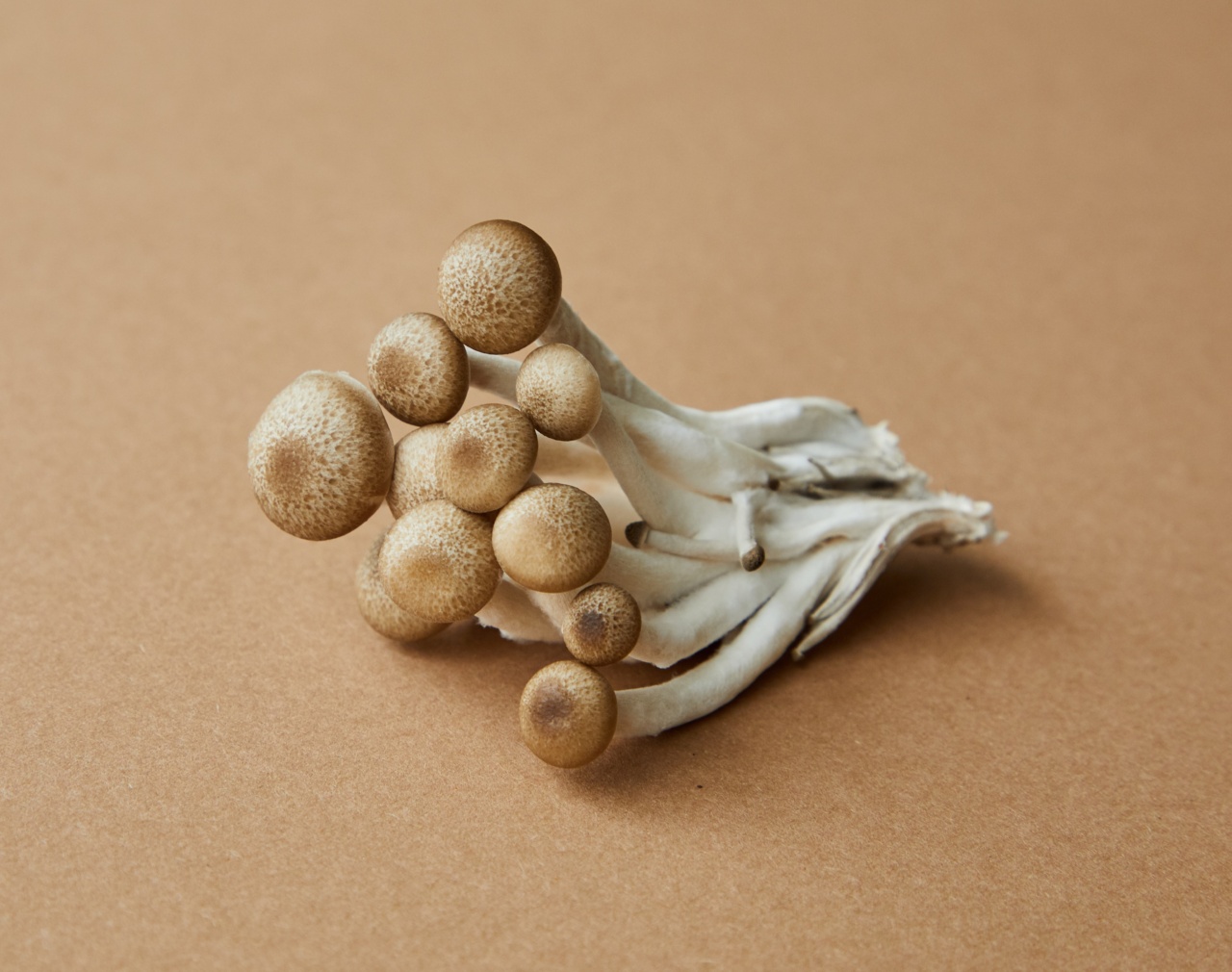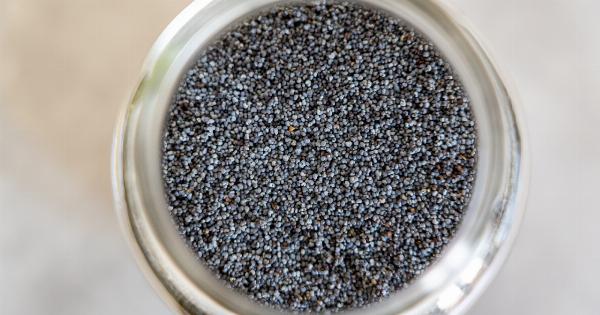Protein is an essential macronutrient that plays a vital role in building and repairing tissues, producing enzymes, hormones and other bodily functions.
However, a diet that is high in protein can have negative effects on your health if not balanced properly. In this article, we will discuss the dangers of high protein diets and how they can affect your overall health.
What is a High Protein Diet?
A high protein diet is a diet that is rich in protein and low in carbohydrates and fats. The typical recommended daily allowance for protein is approximately 0.8 grams per kilogram of body weight.
However, high protein diets can range from 1.2 to 1.5 grams per kilogram of body weight or more. High protein diets are commonly used by athletes and bodybuilders to build muscle mass or for weight loss.
The Dangers of High Protein Diets
1. Kidney Damage
High protein diets can put a lot of stress on the kidneys, as they are responsible for filtering and eliminating waste products from the body.
The excess protein that is consumed can cause a buildup of nitrogenous waste in the blood, which can lead to kidney damage over time. This risk is particularly high for those who already have pre-existing kidney conditions or who are prone to kidney diseases.
2. Dehydration
High protein diets can also contribute to dehydration, as the body needs more water to process and eliminate excess protein. This can cause a range of health problems, such as headaches, fatigue, constipation, and even kidney stones.
3. Increased Risk of Heart Disease
Consuming too much animal protein can also increase your risk of heart disease. This is because high protein diets are often high in saturated fats and cholesterol, which can lead to the buildup of plaque in the arteries.
This can increase your risk of heart attacks, strokes, and other cardiovascular diseases.
4. Nutritional Deficiencies
A high protein diet can also lead to nutritional deficiencies, as it often limits the intake of other important nutrients such as carbohydrates and fats.
This can result in a lack of dietary fiber, vitamins, and minerals which are essential for overall health.
5. Digestive Problems
Consuming too much protein can also result in digestive problems such as constipation, nausea, and bloating.
This is because protein takes longer to digest than other types of macronutrients, and the excess consumption of protein can put a lot of stress on the digestive system over time.
How to Mitigate the Dangers of High Protein Diets
If you are currently following a high protein diet, there are several things you can do to mitigate the risks associated with it:.
1. Stay Hydrated
Drink plenty of water and stay hydrated to help your body process and eliminate excess protein. This can also help reduce the risk of developing kidney stones.
2. Choose Lean Proteins
Choose lean sources of protein such as chicken, fish, and plant-based options like lentils and beans. This can help reduce your intake of saturated fats and cholesterol, which can reduce the risk of heart disease and other health problems.
3. Eat a Balanced Diet
Eat a balanced diet that includes a variety of different foods, including whole grains, fruits, and vegetables. This can help ensure that you are getting all the necessary nutrients your body needs to function optimally.
4. Consult with a Registered Dietitian
Consult with a registered dietitian or nutritionist to make sure you are getting the right balance of macronutrients and micronutrients to support your health.
They can help you create a personalized meal plan that meets your needs and goals while minimizing the risks associated with a high protein diet.
Conclusion
A high protein diet can be a useful tool for those looking to build muscle mass or lose weight. However, it is important to be mindful of the potential dangers associated with consuming too much protein and take steps to mitigate those risks.
By following a balanced diet and working with a registered dietitian or nutritionist, you can safely incorporate high protein foods into your diet and maintain good health.


























